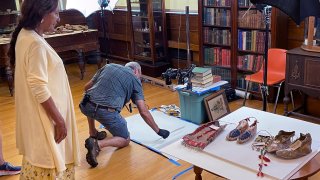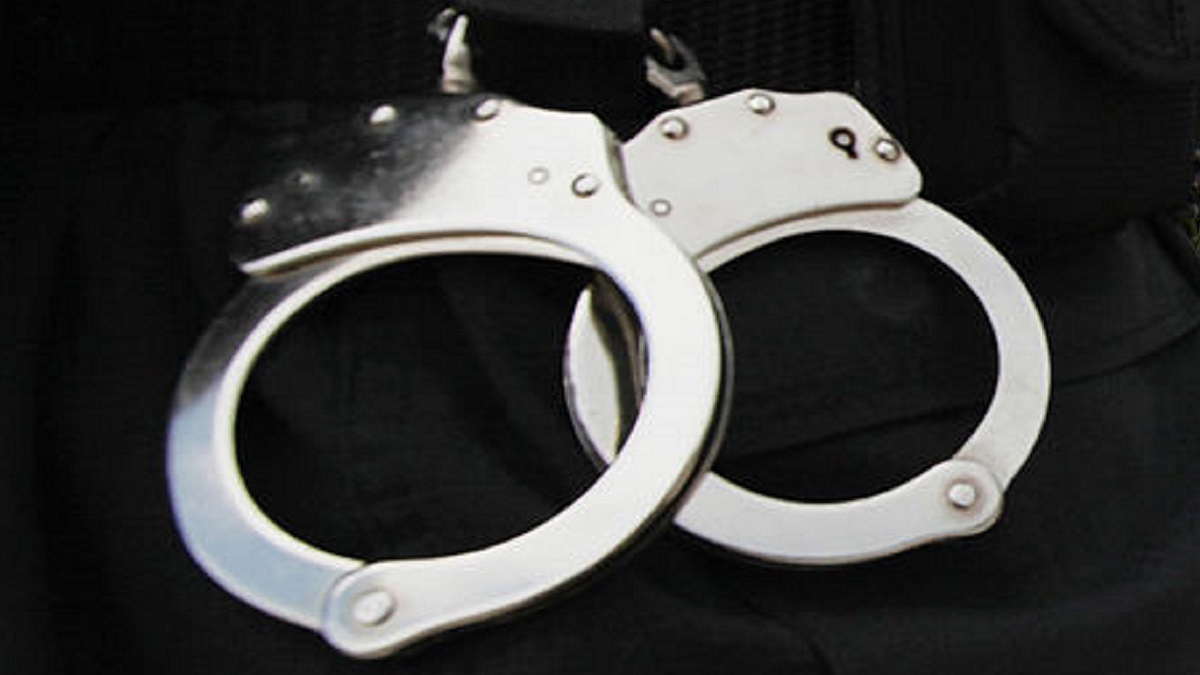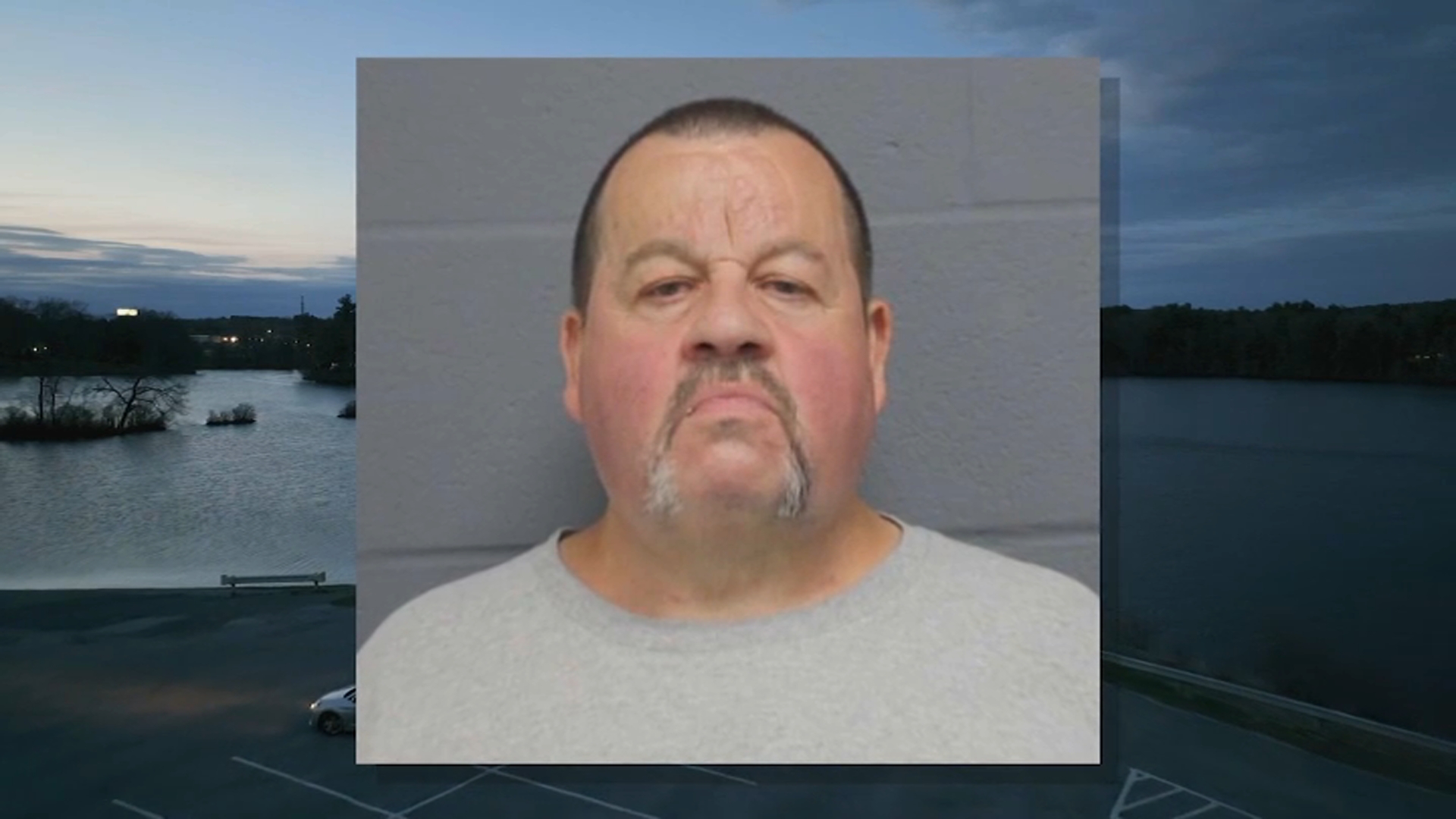
About 150 artifacts considered sacred by the Lakota Sioux peoples are being returned to them after being stored at a small Massachusetts museum for more than a century.
Members of the Oglala Sioux and Cheyenne River Sioux Tribes traveled from South Dakota to take custody of the weapons, pipes, moccasins and clothing, including several items thought to have a direct link to the 1890 Wounded Knee Massacre in South Dakota.
They had been held by the Founders Museum in Barre, Massachusetts, about 74 miles west of Boston. A public ceremony was held Saturday inside the gym at a nearby elementary school that included prayers by the Lakota representatives. The artifacts will be officially handed over during a private ceremony.
“Ever since that Wounded Knee massacre happened, genocides have been instilled in our blood,” said Surrounded Bear, 20, who traveled to Barre from the Pine Ridge Indian Reservation, according to The Boston Globe. “And for us to bring back these artifacts, that’s a step towards healing. That’s a step in the right direction.”
Get Boston local news, weather forecasts, lifestyle and entertainment stories to your inbox. Sign up for NBC Boston’s newsletters.
The ceremony marked the culmination of repatriation efforts that had been decades in the making.
“It was always important to me to give them back,” said Ann Meilus, president of the board at the Founders Museum. “I think the museum will be remembered for being on the right side of history for returning these items.”
The items being returned are just a tiny fraction of an estimated 870,000 Native American artifacts — including nearly 110,000 human remains — in the possession of the nation’s most prestigious colleges, museums and even the federal government. They’re supposed to be returned to the tribes under the 1990 Native American Graves Protection and Repatriation Act.
Local
In-depth news coverage of the Greater Boston Area.
Museum officials have said that as a private institution that does not receive federal funding, the institution is not subject to NAGPRA, but returning items in its collection that belong to Indigenous tribes is the right thing to do.
More than 200 men, women, children and elderly people were killed in the 1890 Wounded Knee Massacre on the Pine Ridge Indian Reservation. Congress issued a formal apology to the Sioux Nation a century later for one of the nation’s worst massacres of Native Americans.
The Barre museum acquired its Indigenous collection from Frank Root, a traveling shoe salesman who collected the items on his journeys during the 19th century, and once had a road show that rivaled P.T. Barnum’s extravaganzas, according to museum officials.
Wendell Yellow Bull, a descendant of Wounded Knee victim Joseph Horn Cloud, has said the items will be stored at Oglala Lakota College until tribal leaders decide what to do with them.
The items being returned to the Sioux people have all been authenticated by multiple experts, including tribal experts. The museum also has other Indigenous items not believed to have originated with the Sioux.
Get updates on what's happening in Boston to your inbox. Sign up for our News Headlines newsletter.



